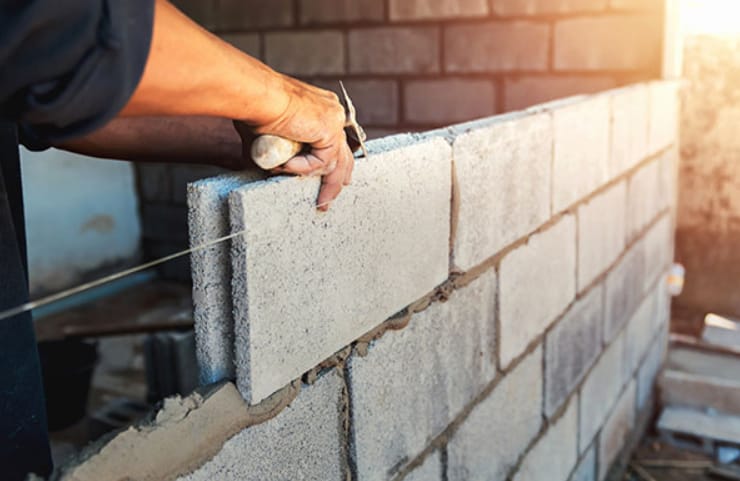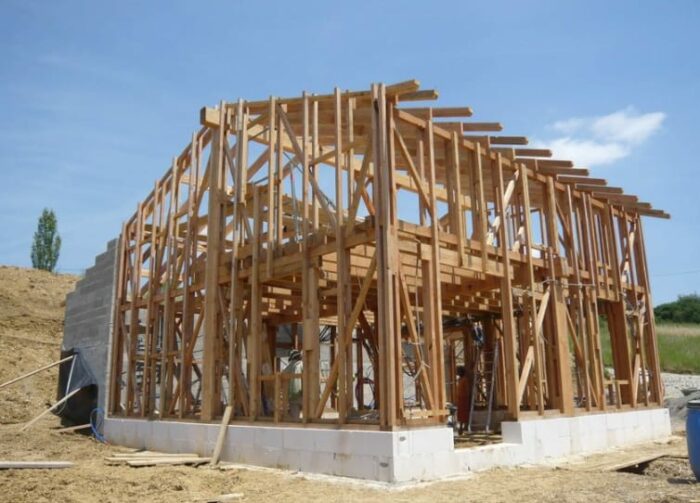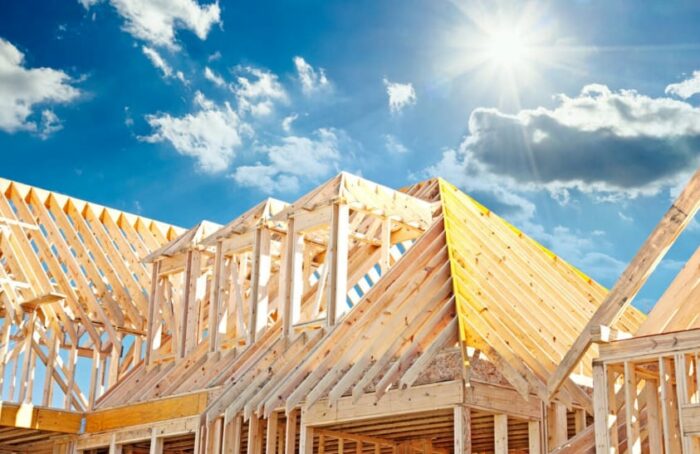Have you ever considered what materials are best for building your dream home? It’s true that the right choice of building material will not only add to the aesthetic appeal and longevity of your house but can also save money in the long run.
In this article, we will discuss the various aspects of selecting the right building materials for your home. We’ll cover sustainability, budgeting, and durability so that you can make an informed decision.
Factors to Consider When Choosing Building Materials

When selecting building materials for your home, there are several factors to consider.
First, look at the sustainability of the material you’re using. If you opt for natural materials such as wood and stone, these can be more environmentally friendly than synthetic materials like plastic or vinyl which require a lot of energy to create. Natural materials are also easily recyclable, so they can be reused or repurposed in the future.
You should also consider your budget when selecting building materials. While natural materials can be more expensive than synthetic ones, they will last longer and require less maintenance, which could save you money in the long run. Plus, many natural materials are easy to repair or replace if they become damaged.
Finally, think about the durability of the material you’re considering. If you live in an area with extreme weather conditions, such as Salt Lake City, then it is important to select materials that can stand up to these elements. For example, metal roofing installation in Salt Lake City would be a great option for a durable and long-lasting roof.
These are just a few factors to consider when selecting the right material for your dream home. By understanding the options available and taking into account your budget, sustainability, and durability needs, you can make an informed decision that will benefit you in the long run.
What Materials Are Best for Building a House?

Now that you understand the factors to consider when selecting materials, let’s take a look at some of the best options available.
Wood is one of the most popular materials for building houses as it is strong, durable, and easy to work with. It can also be used in many different ways such as for framing, decks, and siding. Plus, wood is a sustainable building material as it can be harvested from sustainably managed forests.
Stone is also an excellent choice for building houses as it is strong and durable. It has been used in construction for thousands of years due to its resistance to weathering and fire. Additionally, stone can add an elegant touch to your home’s exterior.
Metal is another great material for building houses as it is long-lasting and relatively easy to install. It can be used for roofing, framing, and siding and comes in a range of styles and colors so you can customize the look of your house. Plus, metal is lightweight yet strong enough to withstand extreme weather conditions such as wind and hail.
How Much Should You Invest in Building Materials?

The amount of money you should invest in building materials depends on several factors such as the size and location of your home, the type of material you’re using, and your budget.
Generally speaking, natural materials such as stone or wood can be more expensive than synthetic ones like plastic or vinyl. However, these materials tend to last longer and require less maintenance, which can save you money in the long run.
When budgeting for building materials, it is important to remember that high-quality materials will last longer and provide better protection from the elements than cheaper alternatives. As such, investing more money upfront could save you repair or replacement costs down the line.
Conclusion
Choosing the right materials for building a house is incredibly important. By understanding your options and taking into account sustainability, budgeting, and durability needs, you can make an informed decision that will benefit you in the long run.
 Jessica Paster The Future is Green
Jessica Paster The Future is Green